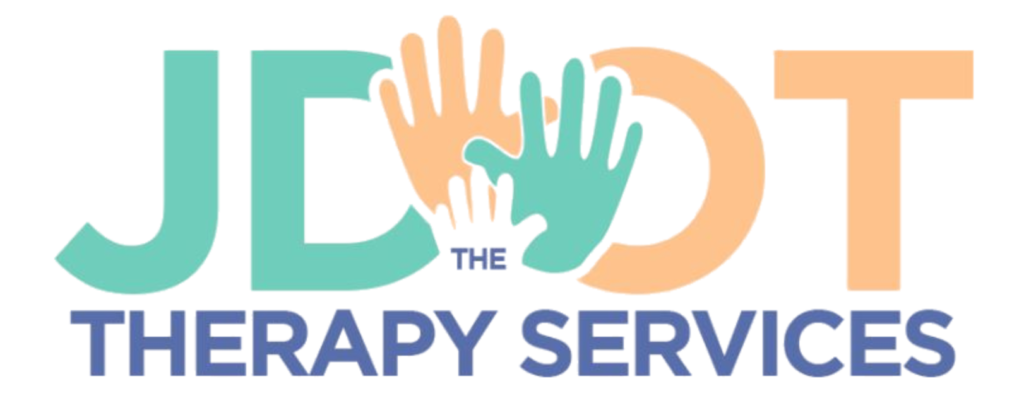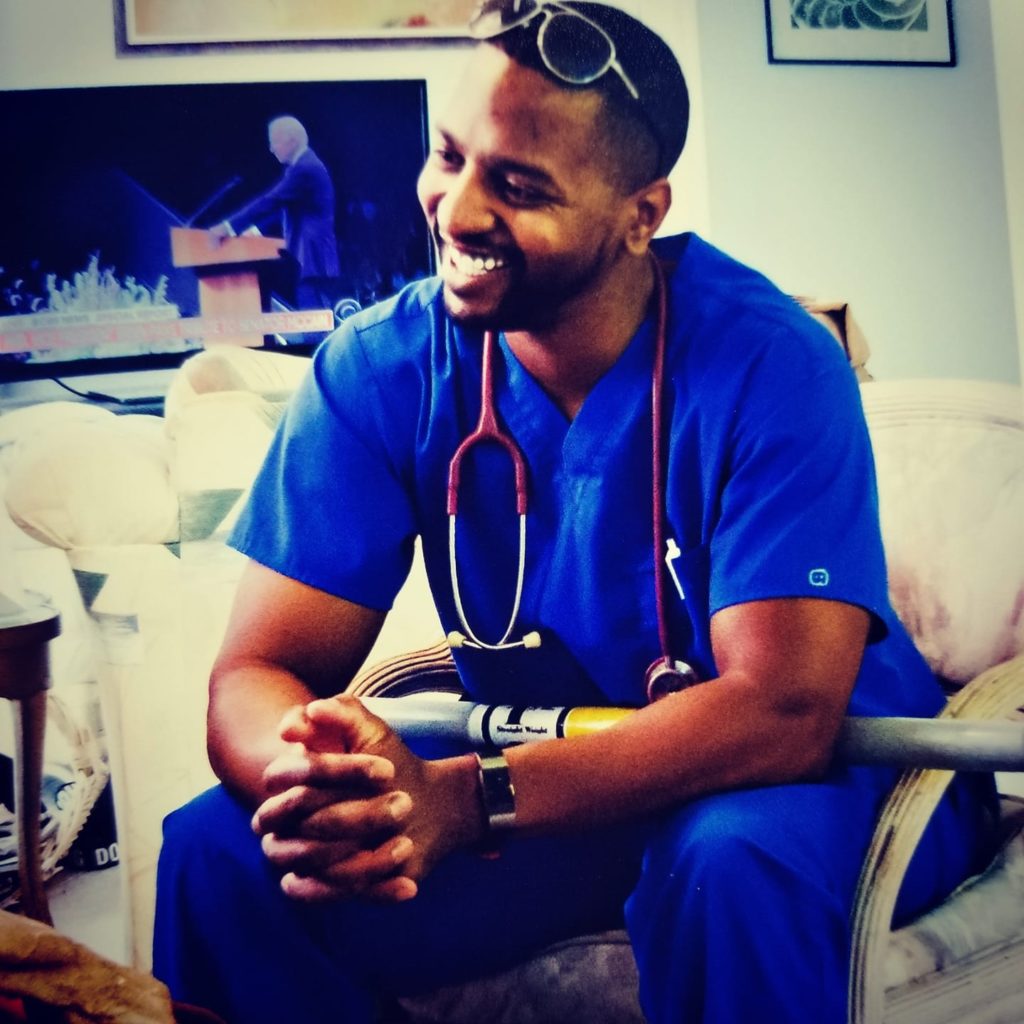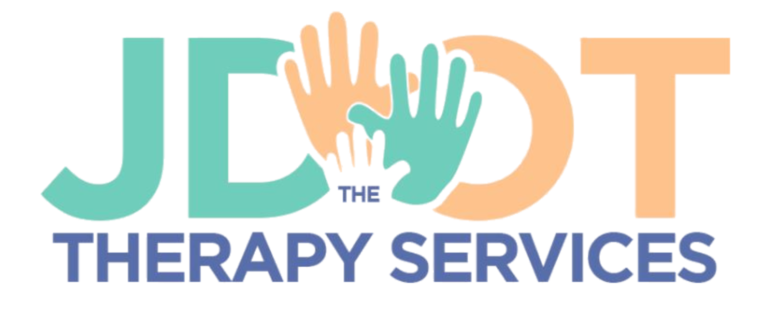Causes, Symptoms, and Diagnosis Explained
Dementia is an overarching or umbrella term that categorizes different types of neurological conditions that impact the brain throughout the lifespan. It is a progressive condition that affects millions of people around the world and can have a significant impact on a person’s daily life and activities making it challenging to remember things, act in safe manners, think clearly, and reason effectively. If you’re caring for someone with dementia, it’s crucial to understand what it is and how it can affect your loved one.
While dementia is not a typical aspect of the aging process, its occurrence and diagnosis tend to become more prevalent as individuals age. Among the various types of dementia, Alzheimer’s Disease is the most widely recognized and commonly known. Alzheimer’s Disease, a type of dementia, can lead to substantial alterations in an individual’s memory, behavior, and personality. People with this disease may struggle with everyday tasks, such as getting dressed or eating, and they may need more help and support as their condition progresses. In addition to the well-known forms of dementia Alzheimer’s disease, there are three other common types worth mentioning such as frontotemporal dementia, Lewy body dementia, and vascular dementia.
One of the most challenging aspects of caring for someone with dementia is coping with the changes in their behavior and personality. People with dementia may struggle to control their emotions, and they may become confused, anxious, or agitated. It’s essential to have a plan in place for managing these challenging behaviors, whether it’s through medication, therapy, or other techniques.
If you’re caring for someone with dementia, it’s necessary to educate yourself about the condition and the various forms it can take. You can also talk to a healthcare professional or occupational therapist who specializes in dementia care to get personalized advice and support. With the right knowledge and support, you can help your loved one maintain their quality of life and make the most of each day.
If you or a loved one is experiencing changes in thinking, movement, or behavior, it’s important to seek medical attention. While a primary care doctor may be the first step, it’s often neurologists, geriatric psychiatrists, neuropsychologists, or geriatricians who specialize in diagnosing dementia.
Getting a proper diagnosis is crucial for receiving appropriate treatment and care
Seeking support from your family, friends, or joining a caregiver support group is crucial when caring for someone with dementia. Remember, you are not alone, and there are valuable resources and assistance available to help you navigate through this challenging journey.
We are here to support and help.
Phone: 727-222-3762
Email: info@jdtheot.com


